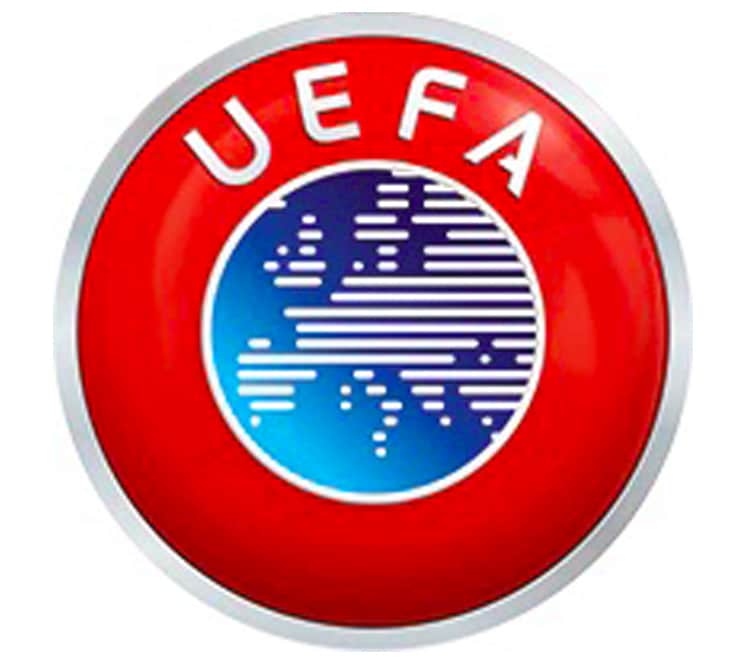Russian youth soccer players will not participate in Under-17 European Championship qualifying games this month, the Union of European Football Associations (UEFA) in Switzerland said Tuesday.
The decision came after UEFA received so much opposition from member federations to playing Russia at any level of international games, the soccer body was unable to come to a new policy that would allow the Russians to participate.
It’s a turnaround for the UEFA, which only last month had stressed not punishing children for the decisions of a national government, and suggested that Russian Under-17 teams could play games outside the country without their national colors, flag or anthem.
Vice Presidents from the UEFA’s executive committee from England, Poland and Wales refused to back that proposal, and at least 12 of the 55 member federations said their teams would continue to refuse to play games against Russia.
“We have made ourselves really clear on Russia,” English Football Association CEO Mark Bullingham told reporters at UEFA headquarters. “From our understanding nothing has changed.”
UEFA leaders did not speak to reporters Tuesday, and Russia’s soccer delegate on the UEFA executive committee did not travel to Switzerland for the meeting.
The participation of Russian athletes, as well as those of its closest ally, Belarus, in world sports has been a point of controversy since Moscow’s invasion of Ukraine in February 2022.
For instance, the International Olympic Committee (IOC) is allowing Russian and Belarusian athletes to in the upcoming 2024 Summer Olympics in Paris, but only under neutral banners, and has declined to give those two countries formal invitations to the games.
That revelation came amid some 34 nations requesting that the IOC clarify the definition of “neutrality” regarding Russian and Belarusian athletes, with officials from the U.S., Britain, France, Canada and Germany signing a statement that read in part, “As long as these fundamental issues and the substantial lack of clarity and concrete detail on a workable ‘neutrality’ model are not addressed, we do not agree that Russian and Belarusian athletes should be allowed back into competition.”
And in July, the Czech Republic banned athletes from Russia and Belarus from competing in a Women’s Tennis Association (WTA) tournament in Prague. Czech police went so far as to stop at least one Russian player from entering the country.
Tuesday’s UEFA Under-17 decision came after the sports body had awarded its adult men’s Euro 2028 hosting rights to the United Kingdom and Ireland, whose members have opposed playing Russia. It also awarded the 2032 edition to Italy and Turkey, whose executive committee members had supported the sports body’s pervious pro-Russia move.


